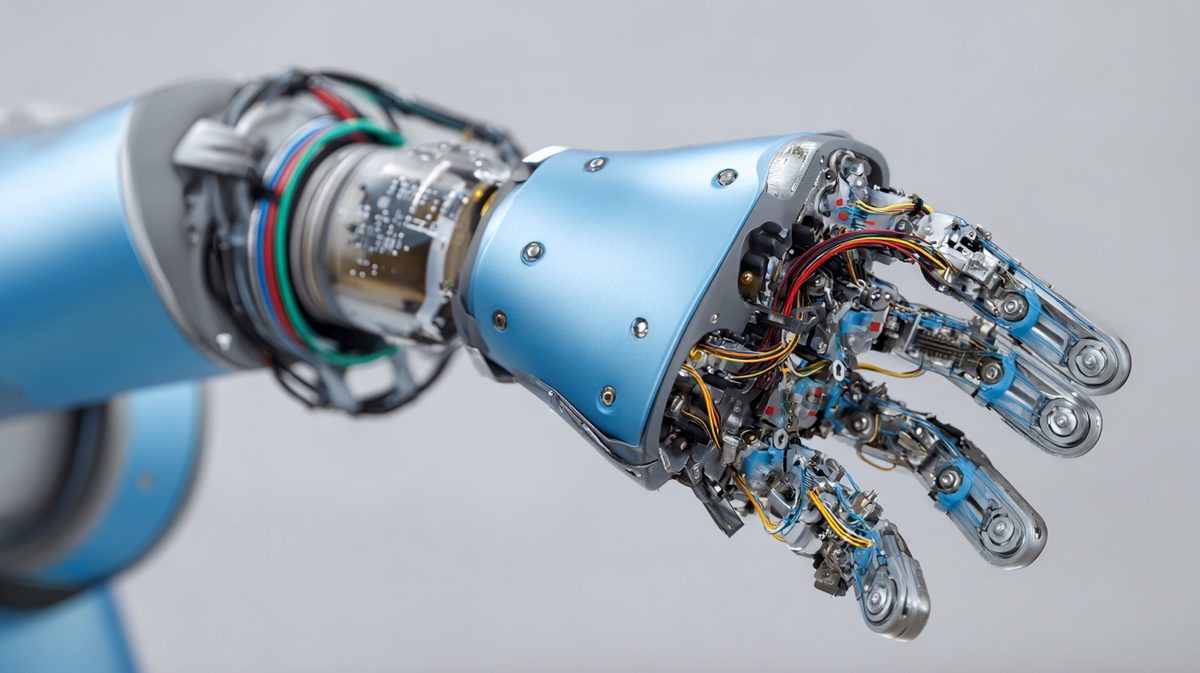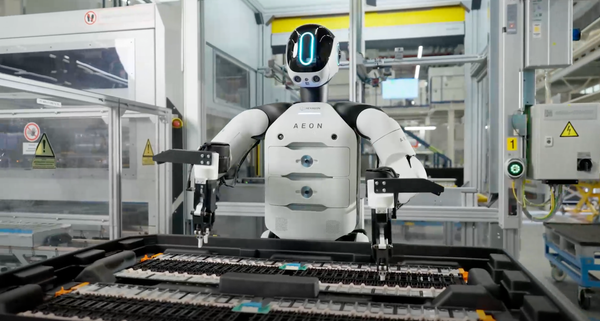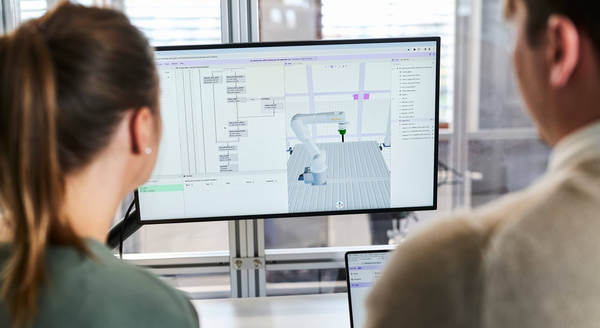New Foldable Material Blends Strength and Flexibility for Future Robots

- Pusan National University developed a single-piece material that can bend in some areas while staying rigid in others by combining two epoxy resins.
- The team says it could be used in robotics, foldable wheels, satellites, and other systems that need to be compact yet strong when deployed.
Researchers at Pusan National University have developed a new kind of foldable material that can bend in some areas and stay rigid in others. The breakthrough lies in how they combined two different epoxy resins to precisely control which parts are flexible and which are firm within a single, continuous fiber-reinforced polymer (FRP) structure. This monolithic design avoids seams or joints, making it easier to build things like robots or deployable equipment that need to be compact during storage but strong and stable when in use.
The team built a folded cylinder using their material to show how it works. The rigid parts measured a flexural modulus of 6.95 GPa, while the flexible parts came in at 0.66 GPa. It could bend to less than half a millimeter in radius and held up well under repeated stress. That means it can handle real movement, bending, twisting, and stretching, without losing its shape or strength.
According to the researchers at Pusan National University, the material could be used in a wide range of technologies, from space gear to wearable robotics. They point to potential uses like robotic limbs, foldable wheels, satellite components, and pop-up shelters, and any systems that need to switch between compact and extended forms.
🌀 Tom’s Take:
We've seen big strides in what powers robots on the inside, including AI “brains” with NVIDIA Jetson Thor, and “eyes” with RealSense. Pusan is tackling another critical part of the puzzle: the outer layer of the body. Flexible materials like this will be essential if robots are going to take on more complex forms, especially humanoid ones, and handle a wider range of real-world tasks.
Source: PR Newswire / Pusan National University




